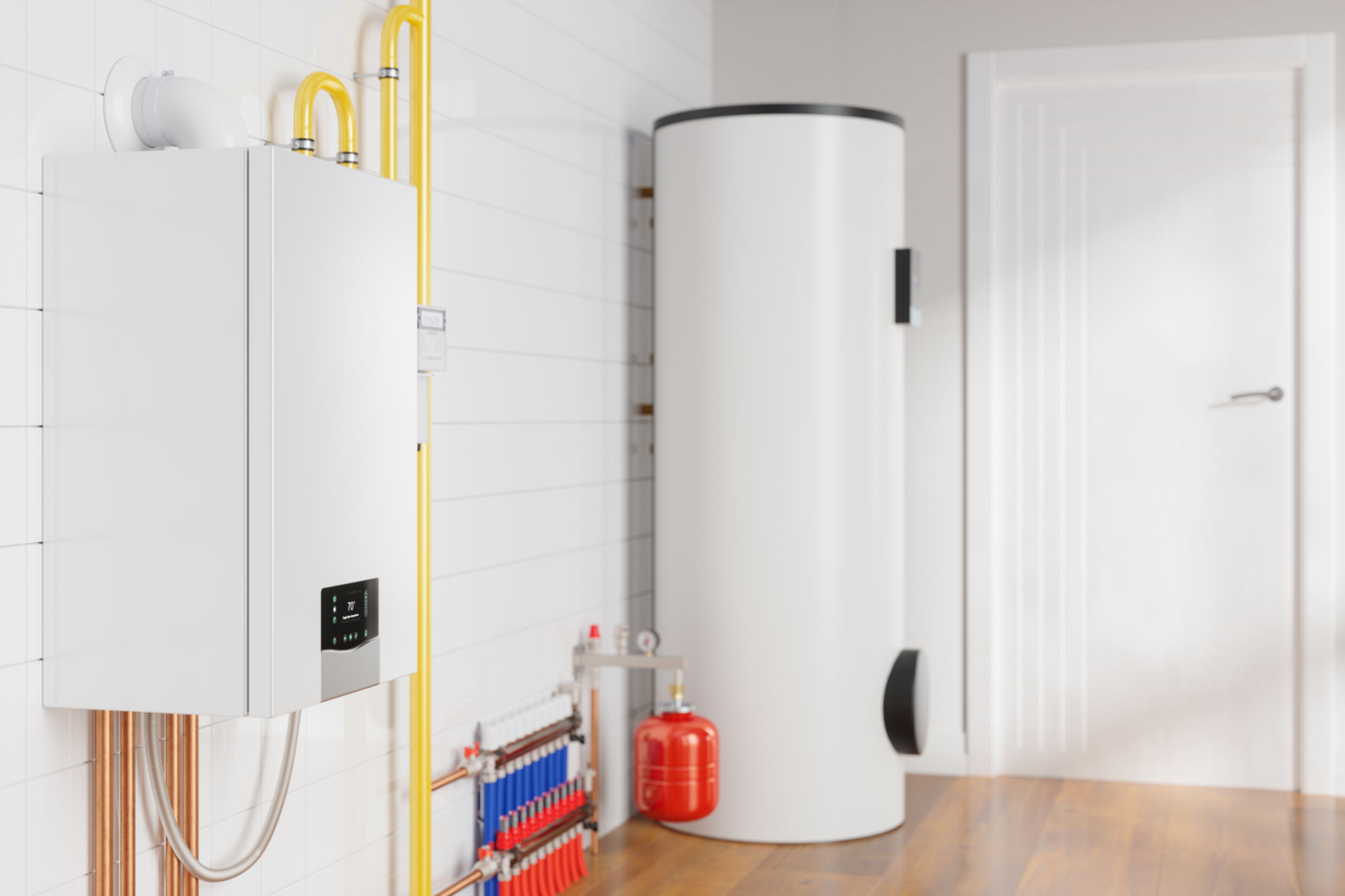The Ultimate Guide to Smart Energy Management in the UK
Understanding Smart Energy Management
Smart energy management is becoming increasingly important in the UK as households and businesses look to reduce costs and minimize their carbon footprints. By leveraging advanced technologies and innovative strategies, smart energy management helps optimize energy use, making it more efficient and sustainable. This guide will walk you through the key aspects of smart energy management and how you can implement them in your daily life.
At its core, smart energy management involves the use of digital tools and data analytics to monitor and control energy consumption. This not only leads to cost savings but also contributes to environmental conservation by reducing unnecessary energy waste. Understanding the various components and benefits of smart energy management is the first step toward making informed decisions about energy use.

Key Components of Smart Energy Management
Smart Meters
One of the foundational elements of smart energy management is the smart meter. These devices provide real-time data on energy usage, allowing consumers to understand their consumption patterns better. In the UK, smart meter installations are rapidly increasing, offering users greater control over their energy bills and encouraging more efficient use of resources.
Energy Management Systems
Energy Management Systems (EMS) are software platforms that integrate with smart meters and other devices to provide a comprehensive view of energy consumption. These systems offer insights into peak usage times, potential savings, and areas where energy efficiency can be improved. By automating certain processes, EMS can significantly reduce energy costs and improve overall efficiency.

The Benefits of Smart Energy Management
Cost Savings
One of the most compelling benefits of adopting smart energy management practices is the potential for substantial cost savings. By optimizing energy usage and reducing waste, households and businesses can lower their utility bills significantly. Smart meters allow users to identify high-consumption appliances and adjust usage patterns accordingly.
Environmental Impact
Smart energy management plays a crucial role in reducing carbon emissions. By optimizing energy use, individuals and organizations can decrease their reliance on fossil fuels, thus contributing to a cleaner environment. In the UK, where there is a strong focus on sustainability, adopting smart energy practices aligns with national goals for reducing greenhouse gas emissions.

Implementing Smart Energy Management in Your Home
To start implementing smart energy management in your home, consider investing in smart appliances and devices that can be controlled remotely. These include smart thermostats, lighting systems, and plug sockets that can be programmed to operate only when needed. Such investments not only lead to cost savings but also enhance convenience and comfort.
Additionally, engaging with local initiatives and government programs that promote smart energy usage can provide further opportunities for savings and education. Many UK programs offer incentives for households that adopt energy-efficient practices, making the transition to smarter energy management more accessible.

